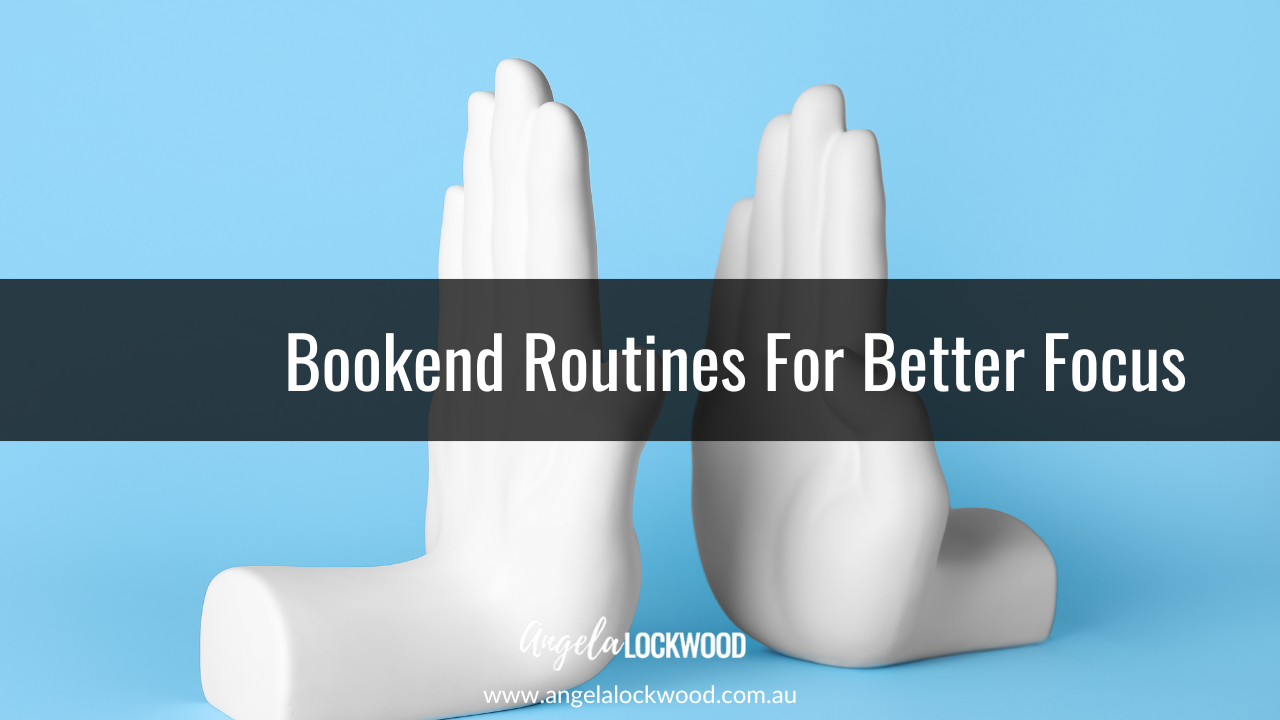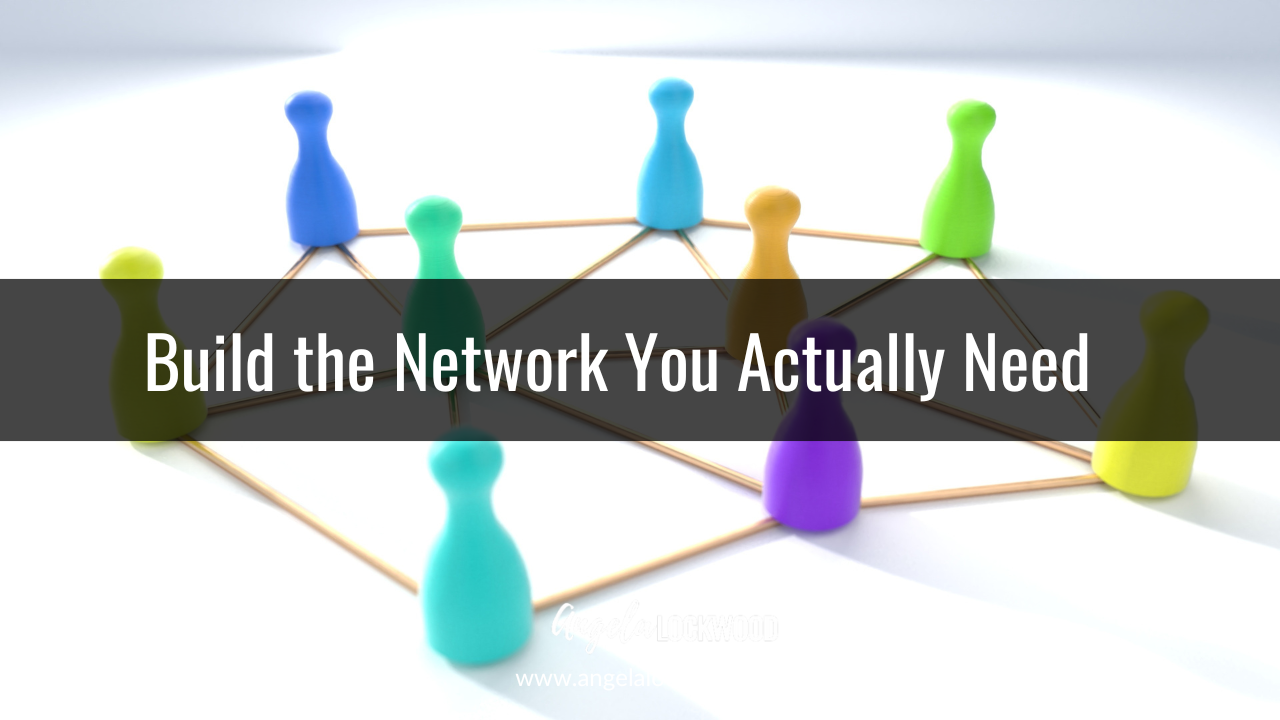The Willpower Myth: What to do when will isn’t enough.
Jan 02, 2024
Have you ever found that you have set yourself a goal, it might be eating healthier, going to bed earlier or less scrolling on your phone and day one you are feeling confident you may have even got through the day having met your goal. However day two rolls around and that chocolate biscuit, or a favorite television show or a ‘quick check’ of your phone tempts and you are finding your desire or willpower isn’t enough and the goal you set for yourself quickly becomes another item on the ‘another day’ list.
Willpower is the ability to control our own actions, emotions, or urges that allows us to do something difficult for us. We often see willpower as being a quality or skill that you either have or don’t. We feel that it is either an all or nothing situation where you can either resist the chocolate biscuit or you can’t. We give it power like it is a superhuman strength. We believe we need willpower to resist temptations and keep us focused on our goals. In part we are correct, willpower helps us to say no or to not engage but willpower is finite. It's like a muscle that can get tired and needs rest.
What do I mean? Take a very standard day. We wake in the morning determined to stick to our goals and plans and we eat well in the morning, or don’t check our phone upon waking. We have started the day with success. Then as the day progresses, emails flood in, notifications pop up, you miss lunch, meetings go overtime, after school activities are busy and before you know it, your willpower tank is running low. Fatigue, distraction, energy and tolerance wanes and before we know it despite your best intentions at the start of the day, distractions have kicked willpower out the door leaving you all alone with your guilt in not having ‘enough strength’ to say no so we either try to start again or we give up and so the cycle continues.
But what if there was a different approach—one that’s more compassionate and understanding towards ourselves that keeps us focused without the feeling that we are weak or indecisive or hopeless? All words we attribute to ourselves when willpower isn’t enough.
The key to staying focused and combating distraction is about creating an environment and systems that support us to focus on our goals. Willpower is an important partner in the process however it is certainly not the driver, the framework or the decision maker.
A few ways you can create systems to support you to break free from the willpower trap are:
- Environment Design: Create a workspace conducive to focus. Minimize clutter, silence unnecessary notifications, and surround yourself with what inspires productivity.
- Chunk or Batch Your Tasks: Break tasks into smaller, manageable chunks. This not only makes them less daunting but also reduces the strain on your willpower.
- Take Breaks: Take mindful breaks. Engage in activities that rejuvenate you—whether it’s a walk, deep breathing, or stepping away from your desk or going outside and giving you the energy boost throughout the day, like a press pause to help you replenish your mental energy.
- Set realistic expectations: We all want to be able to do it all however it is impossible to do it all at once. Ensure that what you are asking of yourself is realistic for you to succeed. Make what you are asking of yourself a stretch but not impossible.
- Embrace Imperfection: Understand that it's okay to get distracted sometimes. Be kind to yourself. Accepting that distractions happen allows you to bounce back with renewed focus.
It is important to remember that when it comes to our plans being derailed by distractions we often beat ourselves up and see ourselves as being devoid of any strength. We label ourselves as lazy or lacking willpower. But give yourself a break. Distraction is a natural response in this hyper-connected world and relying on willpower alone will leave you in a never-ending loop of disappointment, stress and shame.
By shifting the focus from self-blame to self-compassion, we view the times we get distracted or make decisions against the ideal in a healthier way. Instead of chastising ourselves for succumbing to distractions, they offer us moments to recalibrate and check in to see if we have set ourselves up to fail or to succeed. If we have the systems in place to support the goal we are working towards.
We will never be able to banish distractions altogether, so letting go of the "willpower-only" mentality, setting up systems that support us and being more understanding toward ourselves will see a smoother and more successful move towards achieving our goals.
![]()
Angela Lockwood






